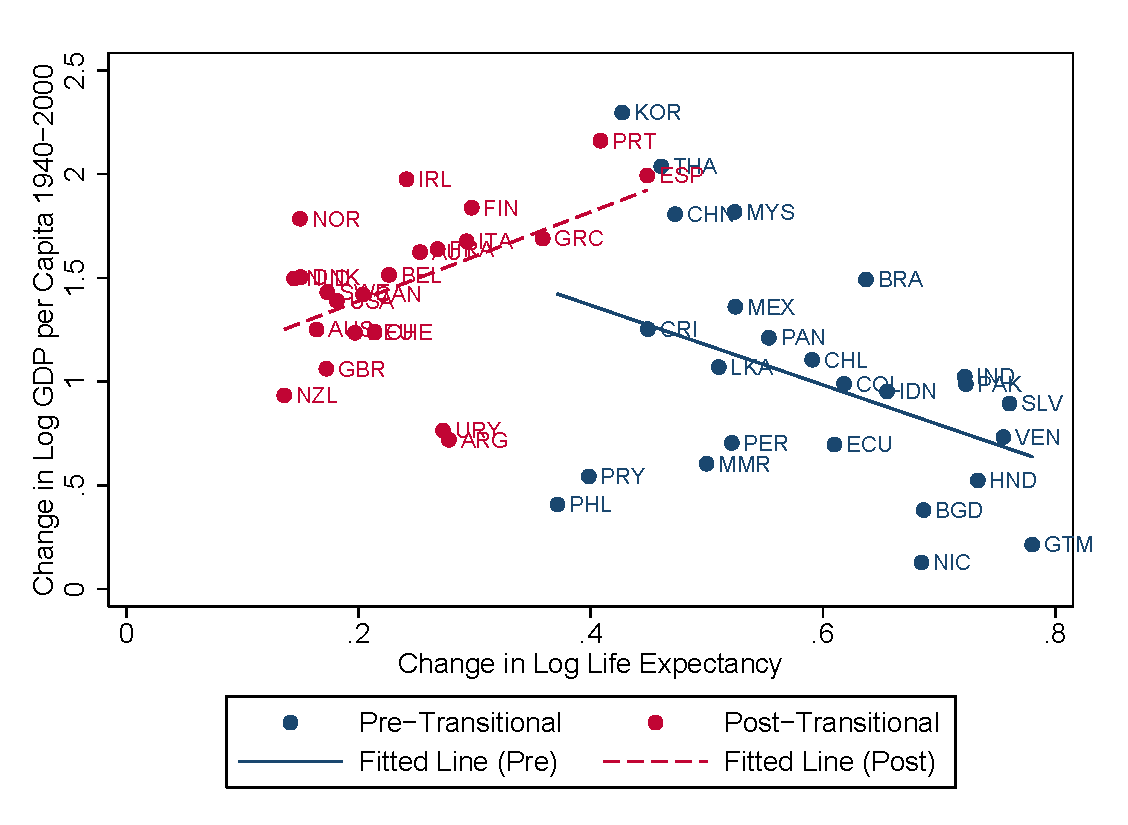This course offers an introduction to the ongoing debates about the determinants of long run development, about the reasons for world inequality, and about the perspectives for growth in the future. The course will discuss topics related to the dynamics of long-run growth from a theoretical and empirical perspective and will be structured as follows:
i) a lecture part, which will familiarize students with background and methods;
ii) a tutorial part, which is devoted to the discussion of topical questions and related papers.
Outline:
The course will focus on recent contributions to unified theories of demographic, institutional, and economic dynamics well as empirical investigations of implications of these models. The aim is to provide students with a comprehensive overview of the topic.
The tentative syllabus is as follows:
1. Background and Empirical Facts
2. The Role of Demographics: Malthusian Models
3. Fertility and the Quantity-Quality Trade-off
4. Unified Growth Theory
5. Long-Run Growth and Comparative Development
6. Institutional Development: Democracy
7. Institutional Development: Rule of Law
8. The Bigger Picture
The target groups are master and PhD students interested in long-run development. The aim is to familiarize students with reading and discussing recent research papers, to expose them to influential contributions in the field and to help them develop their own research ideas.

- Teacher: Uwe Sunde